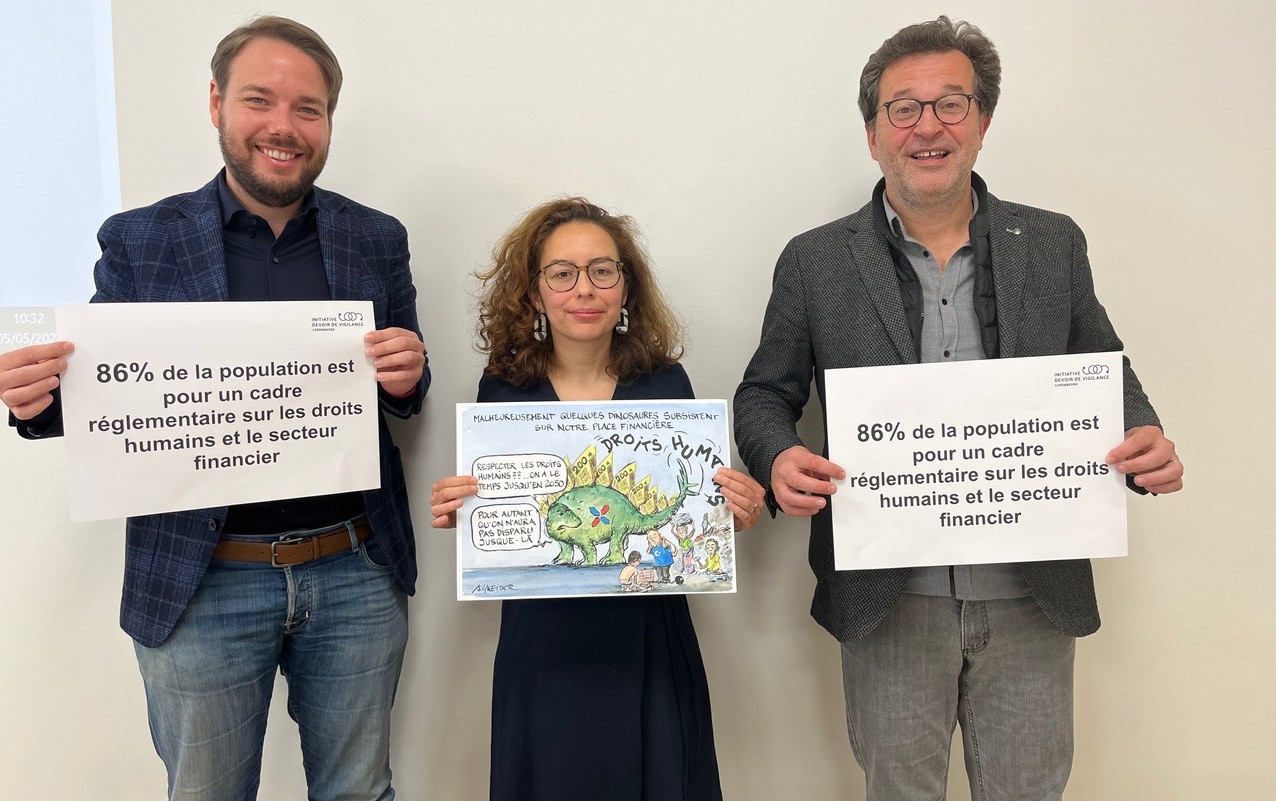Luxembourg has not yet introduced human rights due diligence laws--although some obligations apply, for example as part of anti-money laundering rules--as it is awaiting the transposition of an EU directive on the matter.
The directive, which has yet to be passed by member countries, aims mostly at large companies and would , the European Coalition for Corporate Justice (ECCJ) said in February.
However, countries applying the directive can set stricter rules, which activists have argued means that Luxembourg could start working on its own proposal already.
Regardless of the European initiative, 75% of respondents in the survey published on Thursday said that Luxembourg should introduce such rules before the next elections in October 2023.
And there is even more widespread support for due diligence laws in general, the advocacy group behind the survey said, with 87% thinking such laws should be introduced covering companies registered in Luxembourg, including the financial sector.
Human rights NGO “Action Solidaire Tiers Monde” (ASTM) has previously said that Luxembourg’s financial sector is commitments in its governance and statues.
As part of the “Initiative pour un devoir de vigilance”, ASTM launched a new campaign on Thursday to pressure the sector into making more efforts, asking participants to send a pre-written card to Luxembourg for Finance, a group charged with promoting the country’s financial centre.
In the survey, 86% of respondents said financial companies should be held to account for financing activities or companies that violate human rights or damage the environment. Meanwhile 79% agreed that a bank funding a loan should have to make sure that money does not fund actions that violate human rights or damage the environment.
TNS Ilres interviewed a representative group of 522 people for the survey.
